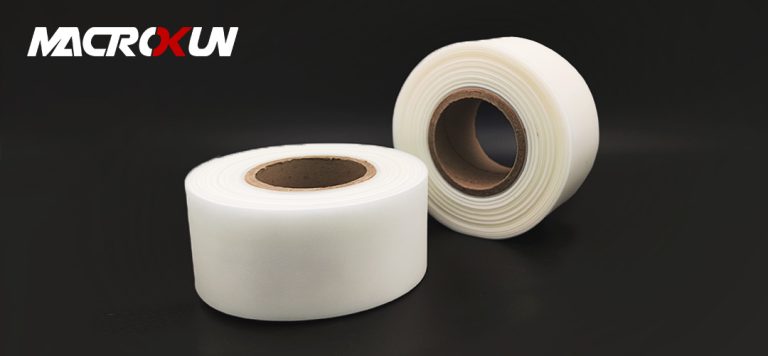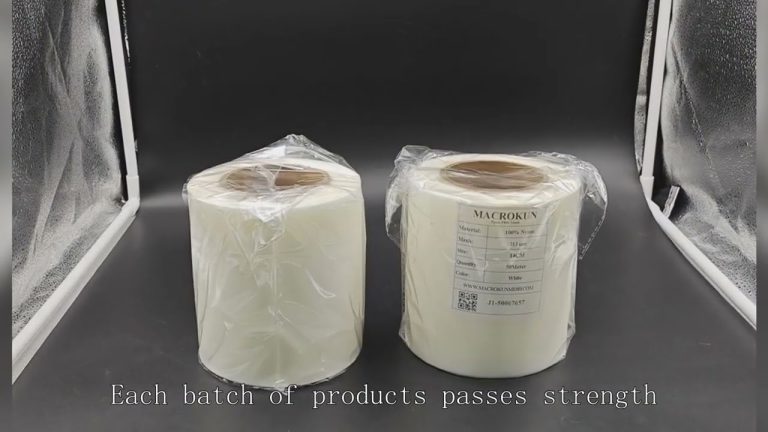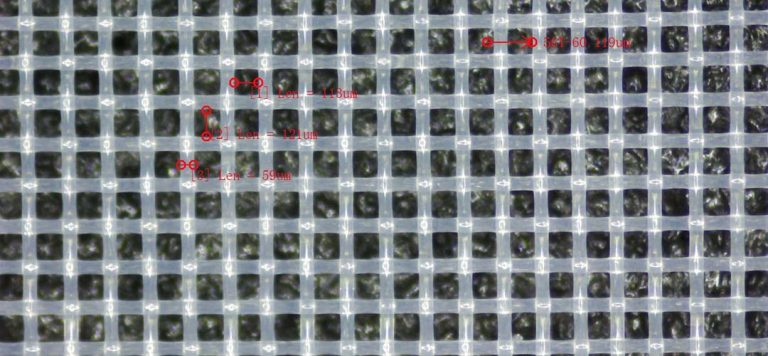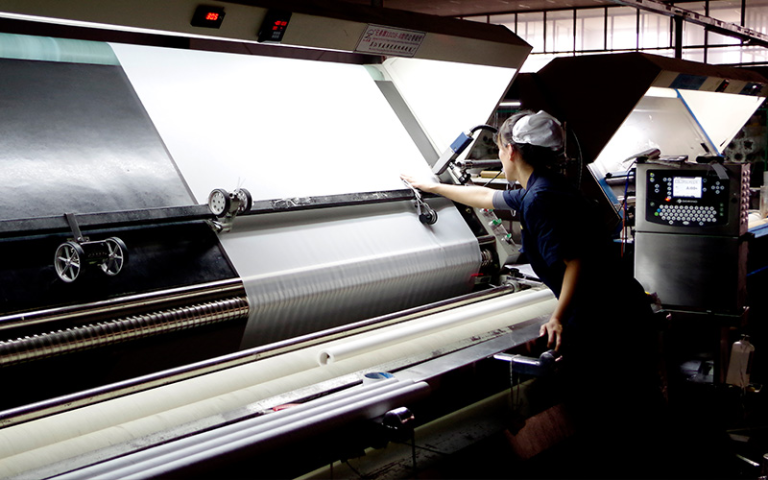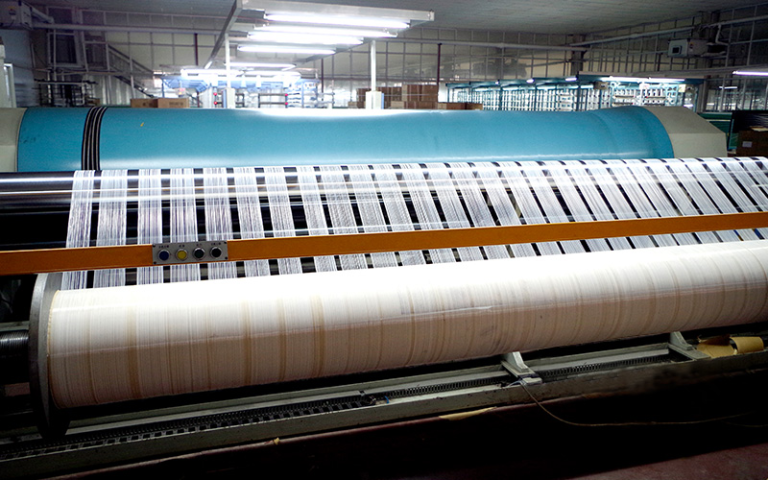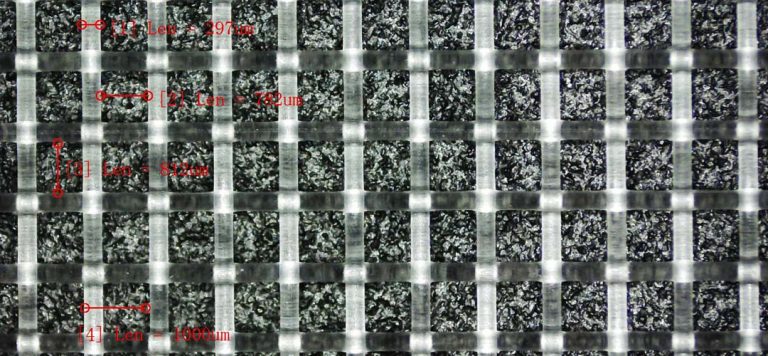Table of Contents
120 Micron Screen for Industrial Filtration
A 120 micron screen is an essential component in industrial filtration systems, providing reliable separation of particles in various applications. This type of screen is known for its efficiency in capturing contaminants and impurities to ensure the quality and purity of the final product.

Industrial processes such as wastewater treatment, chemical production, food processing, and oil refining rely on 120 micron screens to remove unwanted particles from liquids and gases. These screens are designed to withstand high flow rates and pressure, making them suitable for demanding industrial environments.

With advances in technology, modern 120 micron screens are made from high-quality materials that offer excellent resistance to corrosion, abrasion, and chemicals. This ensures longevity and consistent performance, reducing maintenance costs and downtime in industrial operations.
| Series | Mesh Size(/cm) | Mesh Size(/inch) | Thread Dia(um) | Mesh Opening(um) | Thickness(um) | Net Weight(g/m2) |
| NL4/1950 | 4 | 10 | 550 | 1950 | 1100 | 307 |
| NL5/1500 | 5 | 13 | 500 | 1500 | 1000 | 318 |
| NL6/1267 | 6 | 15 | 400 | 1267 | 800 | 244 |
| NL7/1079 | 7 | 18 | 350 | 1079 | 700 | 218 |
| NL8/900 | 8 | 20 | 350 | 900 | 700 | 249 |
| NL9/861 | 9 | 23 | 250 | 861 | 500 | 143 |
| NL9/811 | 9 | 23 | 300 | 811 | 600 | 206 |
| NL10/750 | 10 | 25 | 250 | 750 | 500 | 159 |
| NL10/700 | 10 | 25 | 300 | 700 | 600 | 229 |
| NL12/583 | 12 | 30 | 250 | 583 | 500 | 191 |
| NL12/533 | 12 | 30 | 300 | 533 | 600 | 274 |
| NL14/514 | 14 | 36 | 200 | 514 | 340 | 142 |
| NL16/425 | 16 | 40 | 200 | 425 | 340 | 160 |
| NL20/350 | 20 | 50 | 150 | 350 | 255 | 113 |
| NL20/300 | 20 | 50 | 200 | 300 | 340 | 200 |
| NL24/267 | 24 | 60 | 150 | 267 | 255 | 135 |
| NL28/237 | 28 | 70 | 120 | 237 | 204 | 101 |
| NL30/213 | 30 | 76 | 120 | 213 | 204 | 110 |
| NL32/213 | 32 | 80 | 100 | 213 | 170 | 80 |
| NL36/178 | 36 | 90 | 100 | 178 | 170 | 90 |
| NL40/150 | 40 | 100 | 100 | 150 | 170 | 100 |
| NL43/153 | 43 | 110 | 80 | 153 | 136 | 70 |
| NL48/128 | 48 | 120 | 80 | 128 | 136 | 77 |
| NL56/119 | 56 | 140 | 60 | 119 | 102 | 50 |
| NL64/96 | 64 | 160 | 60 | 96 | 102 | 58 |
| NL72/89 | 72 | 180 | 50 | 89 | 85 | 45 |
| NL80/75 | 80 | 200 | 50 | 75 | 85 | 50 |
| NL100/57 | 100 | 250 | 43 | 57 | 73 | 46 |
| NL110/48 | 110 | 280 | 43 | 48 | 73 | 52 |
| NL120/48 | 120 | 300 | 35 | 48 | 60 | 37 |
| NL120/40 | 120 | 300 | 43 | 40 | 73 | 55 |
| NL130/42 | 130 | 330 | 35 | 42 | 60 | 40 |
| NL130/34 | 130 | 330 | 43 | 34 | 73 | 61 |
| NL140/36 | 140 | 350 | 35 | 36 | 60 | 43 |
| NL157/25 | 157 | 400 | 43 | 25 | 73 | 74 |
| NL180/20 | 180 | 450 | 39 | 20 | 66 | 68 |
| NL200/15 | 200 | 500 | 39 | 15 | 66 | 76 |
| NL220/10 | 220 | 550 | 39 | 10 | 66 | 84 |
| NL240/5 | 240 | 600 | 39 | 5 | 66 | 91 |

Benefits of Using 120 Micron Screens
There are several benefits to using 120 micron screens in industrial applications. Firstly, these screens provide efficient filtration, ensuring that only particles of the specified size are allowed to pass through. This helps maintain product quality and compliance with industry standards.
Additionally, 120 micron screens offer versatility in terms of customization options, allowing businesses to tailor the filtration process to their specific requirements. Whether it’s removing large debris or capturing fine particles, these screens can be optimized for different applications.
Furthermore, the use of 120 micron screens promotes sustainability by reducing waste and minimizing environmental impact. By capturing and containing particles effectively, these screens help industries operate more efficiently and responsibly.

